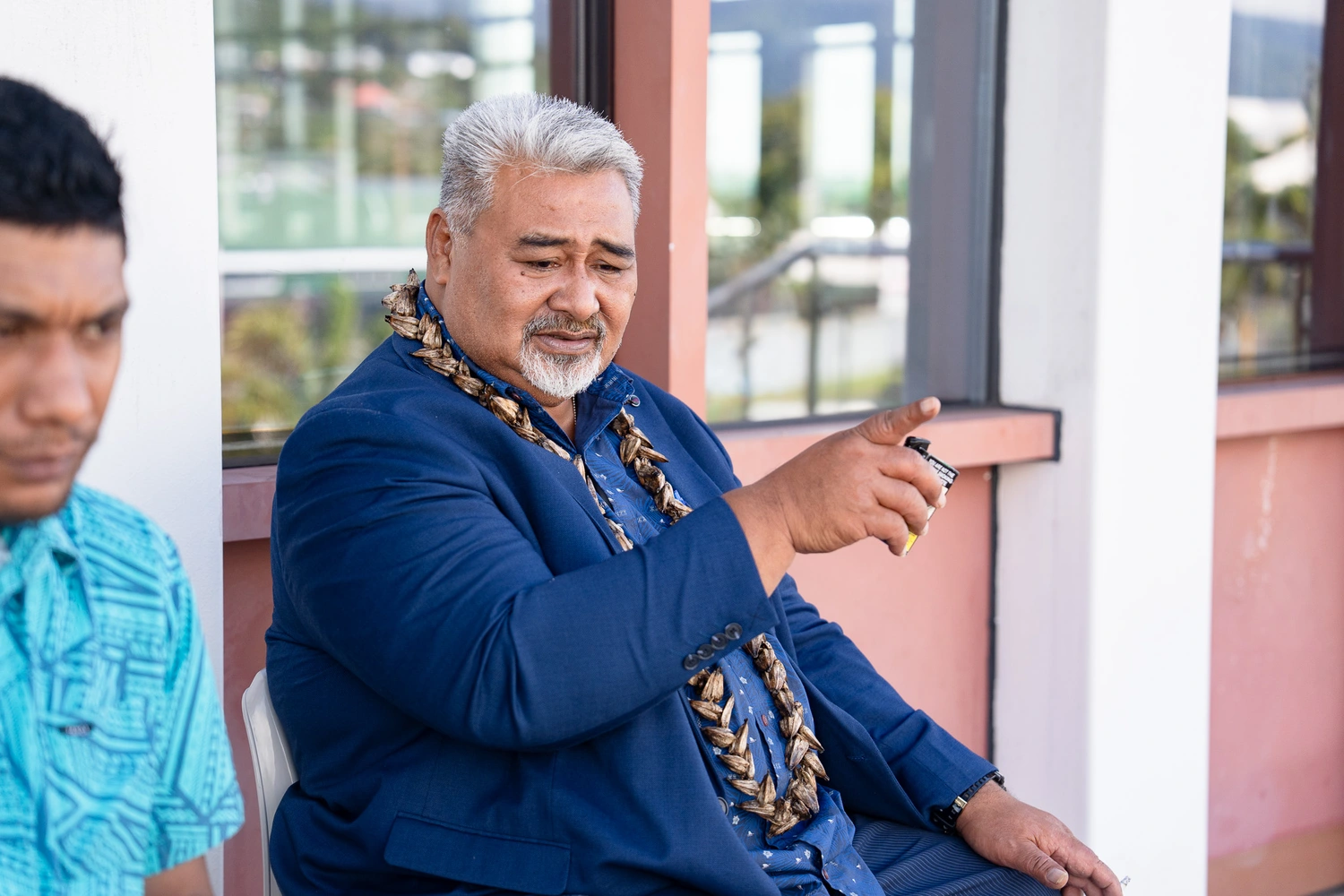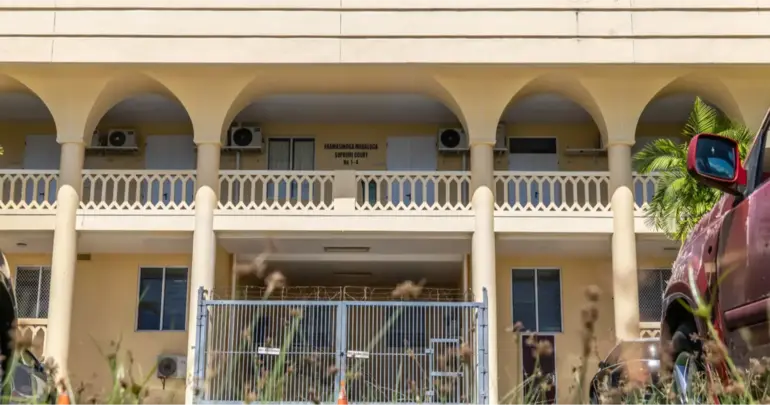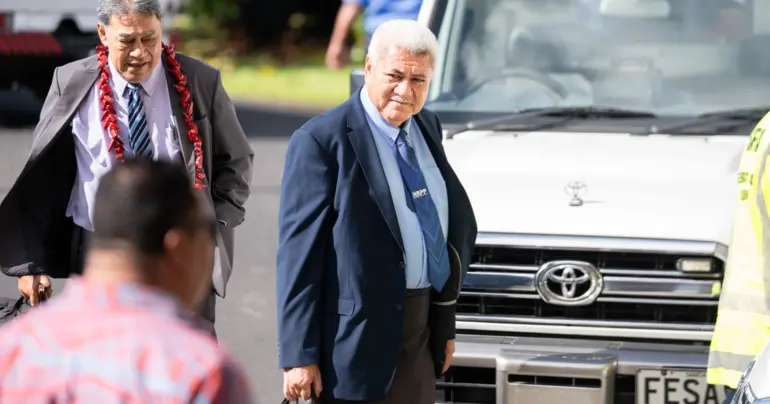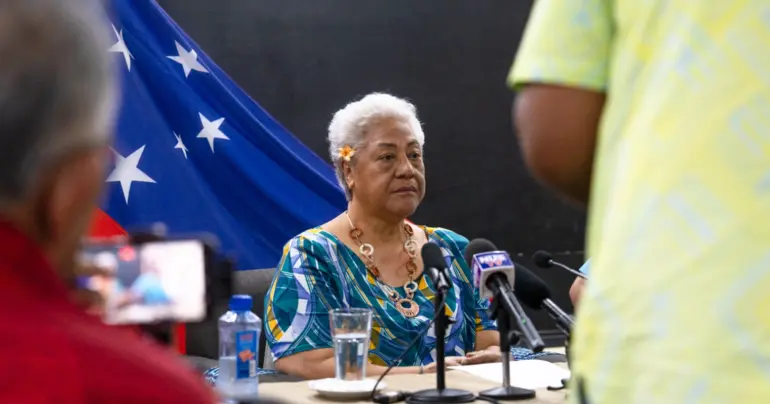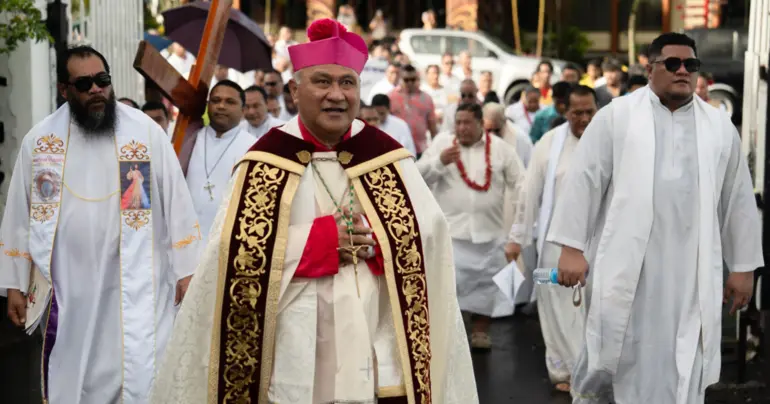OEC needs to be independent says Tuiafelolo
 By Bethel Peato-Ale
•
24 August 2025, 11:30AM
By Bethel Peato-Ale
•
24 August 2025, 11:30AM
Electoral Commissioner Tuiafelolo John Stanley said laws are needed to maintain the independence of the Office of the Electoral Commissioner (OEC) to safeguard Samoa’s electoral system.
He expressed concerns about the current structure, where the OEC operates under the government, and suggested that greater autonomy is essential for ensuring transparent and credible elections.
Tuiafelolo said the office must operate independently to maintain public confidence in the electoral process.
“It has to be independent,” he stated, noting that the OEC is currently under government administration. “We’re not independent; the OEC is under the government,” he explained, highlighting the limitations posed by its current statutory placement.
He clarified that true independence would involve the OEC functioning under the oversight of the judiciary rather than being subject to political influence.
“I mean independent in the sense that the OEC should be under Justice,” Tuiafelolo said. He referred to the judiciary as a model of impartiality, noting that judicial appointments are made independently to ensure accountability and fairness.
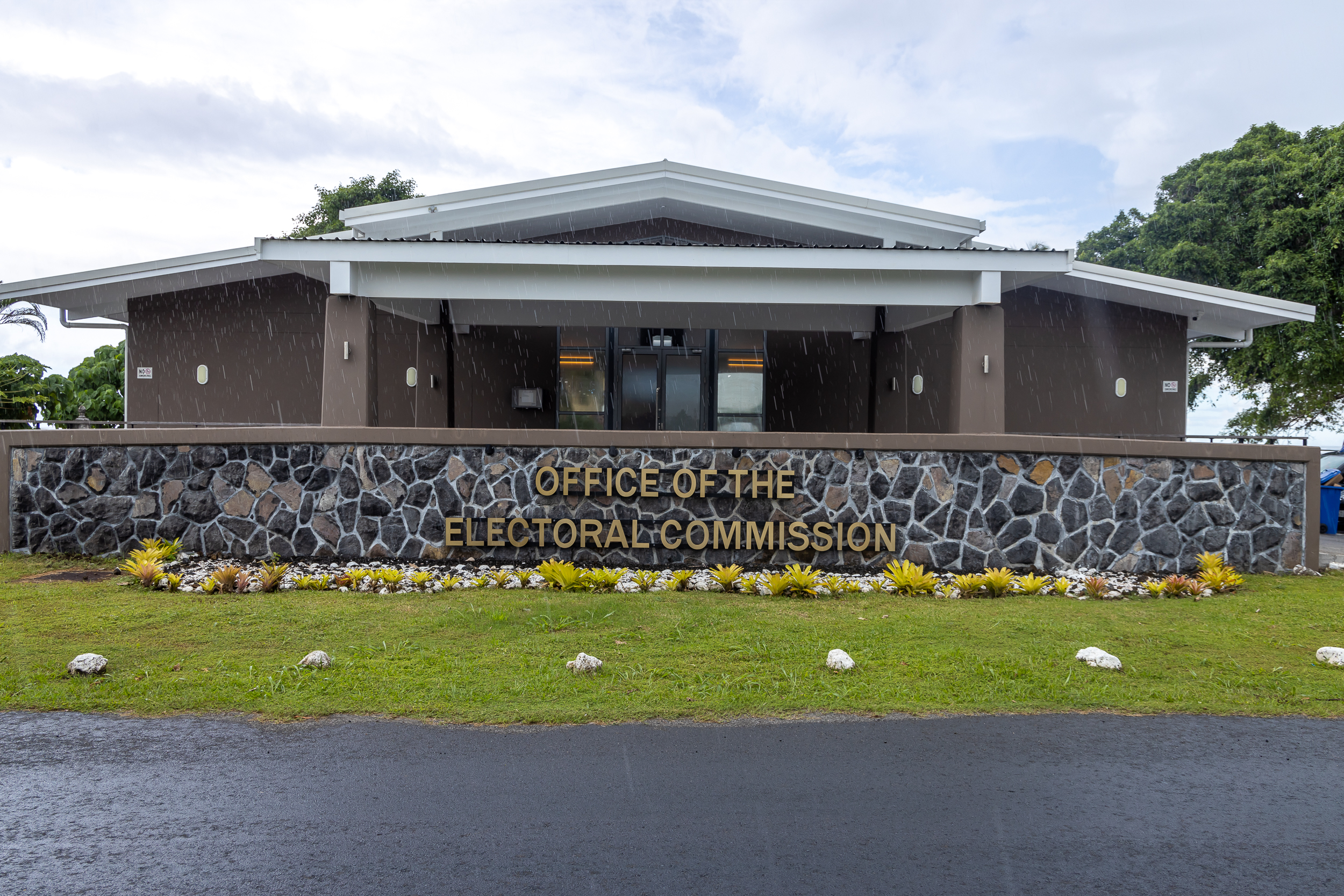
“Remember, the judiciary appoints judges; my view is that the Electoral Commissioner should be appointed similarly,” he said. Tuiafelolo suggested that a comparable process for appointing the Electoral Commissioner would help safeguard the office’s autonomy and maintain impartiality in electoral matters.
The Commissioner stressed that political interference in the OEC’s work could undermine confidence in elections. “Because the work has to be independent, and it must not be affected by politics,” he said, emphasising that decisions must be guided by law and impartiality rather than political considerations.
Tuiafelolo’s comments come amid ongoing discussions about the role and autonomy of electoral institutions in Samoa. Observers have highlighted the need for safeguards that ensure the OEC can operate without undue influence, especially during election periods when impartiality is most crucial.
By advocating for a structural relationship with the judiciary, Tuiafelolo underscored a broader effort to strengthen democratic governance in Samoa. He emphasised that institutional reforms, including an independent appointment process, could enhance the credibility and transparency of the electoral system.
As Samoa prepares for upcoming elections, the independence of the OEC remains a key topic of public discussion. Stakeholders have called for measures that protect the office from political pressure and reinforce public trust in the electoral process. Tuiafelolo’s stance reflects a commitment to transparency, accountability, and the principles essential to maintaining the integrity of Samoa’s democracy.
 By Bethel Peato-Ale
•
24 August 2025, 11:30AM
By Bethel Peato-Ale
•
24 August 2025, 11:30AM




